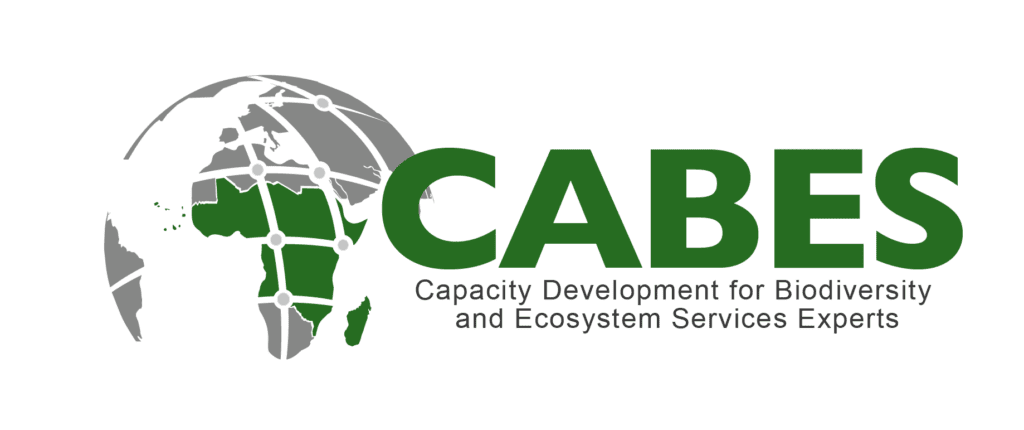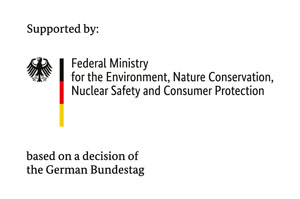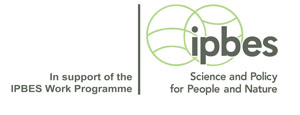Overview
The MSc. Programme on “Science-Policy-Practice Interfaces on Biodiversity, Ecosystem Services and Climate Change – SPIBES” is an integral part of the commitment of CABES to strengthen the capacity of African experts, and by so doing reinforce their contribution to IPBES. Launched in December 2017, SPIBES is a two-year (4 semesters) interdisciplinary programme designed to provide students with extensive, high-quality understanding, knowledge and skills required to participate actively in science-policy interfaces such as IPBES and accelerate the achievement of UN sustainable development goals (SDGs) in Africa.
SPIBES is open to qualified candidates in West, Central and East Africa target countries, who have a strong background and interest in the sustainable management of biodiversity and ecosystem services through science-based policy and decision-making. Prospective students should be passionate about biodiversity conservation and be eager to engage in biodiversity-related science-policy interfaces such as IPBES at global, regional, sub-regional and national scales.
SPIBES is hosted by three universities across Africa: African Center of Excellence on Climate Change, Biodiversity and Durable Agriculture (CEA-CCBAD), University Félix Houphouët-Boigny (UFHB) Abidjan, Côte d’Ivoire, University of Lubumbashi, Democratic Republic of Congo and University of Addis Ababa, Ethiopia.The programme was established in cooperation with key global partners on sustainability issues such as ZEF/ University of Bonn, UN Environment World Conservation Monitoring Center (UNEP-WCMC), West African Science Service Center for Climate Change and Adapted Land Use (WASCAL), Coknow Consulting, Germany.
English is the language of instruction for SPIBES. After successful completion of this full-time programme, students are awarded MSc. Degree by the host university, University Félix Houphouët-Boigny (UFHB), and a certificate of completion from CABES. SPIBES offers fellowships to scholars/successful applicants from West, Central and East Africa. The fellowship covers payment of tuition fees, field research budget, stipend for living expenses and a round-trip airline ticket. Students with own or third party funding may also be considered in exceptional cases.
The programme will:
- provide students with a general understanding of Biodiversity and Ecosystem Services / Nature`s contributions to people and their relevance from disciplinary and interdisciplinary perspectives;
- facilitate interdisciplinary and transdisciplinary thinking to develop and enable a new generation of scientists to tackle global environmental challenges;
- generate knowledge on the operation and development of (international) policy processes and decision making and;
- Provide relevant scientific tools and methods to translate scientific findings into policy decision support tools.
Career Opportunities
All graduates from this international programme qualify to apply to the WASCAL, CEA-CCBAD, and all other Ph.D. programmes worldwide. They will acquire skills that enable them to be science agents, natural resource and environmental policy managers in the private sectors or in academics. They will have the potential to be involved in businesses related to biodiversity and ecosystem services as consultants or advisors (startups).
They may be eligible for employment in international and sub-regional organisations, conservation agencies, land and forestry agencies, research institutions, nature reserves, overseas aid programmes, international NGOs, ministries of environment, ministries of research, ministries of agriculture, ministries of water and forests and universities.



